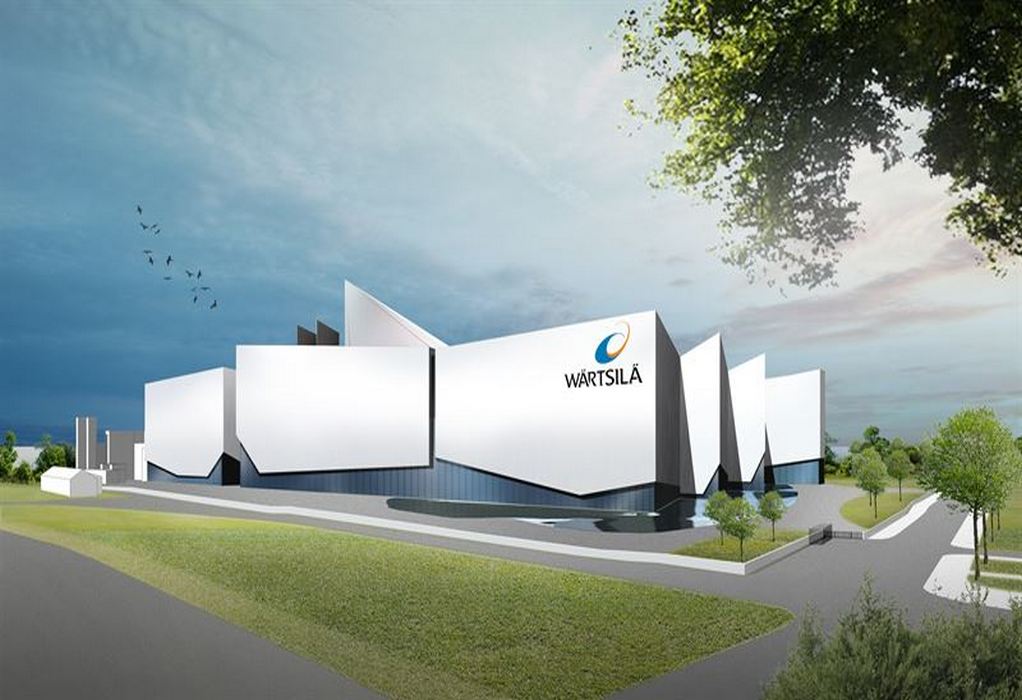Wärtsilä and WEC Energy Group have successfully completed tests using a hydrogen fuel blend to power a Wärtsilä engine.
The tests were carried out in October 2022 at one of the US company’s power plants in Michigan, USA with an unmodified Wärtsilä 50SG engine and a 25 vol% H2 blend. The engine continued to supply power to the grid throughout the three days of testing.
The successful tests are a world-first achievement since this is the largest commercially operated flexible balancing engine to run on a hydrogen-blended fuel.
The performance was assessed by the Electric Power Research Institute (EPRI), which confirmed the feasibility of blending hydrogen (H2) with natural gas for use in an existing Wärtsilä engine.
During the testing, the engine showed both improvements in efficiency and reduced greenhouse gas (GHG) emissions, while staying compliant with NOx emissions.
With the 25 vol% H2 blend the companies were able to achieve a 95% engine load, while with a 17 vol% H2 blend a 100% engine load was shown to be possible, according to the test results.
When burned as a fuel, hydrogen does not produce any carbon species, including CO2, which makes it essential for attaining net zero emissions, along with other sustainable fuels. Hydrogen is expected to account for 20% of the total reduction of CO2 that needs to be achieved by 2050.
Since the world’s energy industry is not yet ready to use pure hydrogen as a secure power source, investments to adapt existing engines to sustainable fuels will play a crucial role in supporting the transition to netzero.
Tags: Hydrogen Engine, Wartsila, WEC Energy



Recent Posts
Hyundai Glovis to Retrofit Seven PCTCs with Avikus AI Navigation System
Super Terminais orders three more Konecranes Gottwald ESP.10 Mobile Harbor cranes
Covestro and HGK Shipping Extend Partnership to 2040 with Focus on Wind-Assisted Vessel Retrofit
Artemis Technologies Successfully Demonstrates 100 Percent Electric Crew Transfer Vessel at Aberdeen Offshore Wind Farm
IACS Council Advances Decarbonisation, Digitalisation and Governance Priorities at C91 Meeting in Beijing
Japan Launches Major R&D Project to Advance Shipbuilding with Alternative Fuels
EU Adopts Emissions Standards for Low Carbon Hydrogen to Bolster Clean Energy Market
Trafigura to Implement ZeroNorth’s AI Platform Across Global Fleet